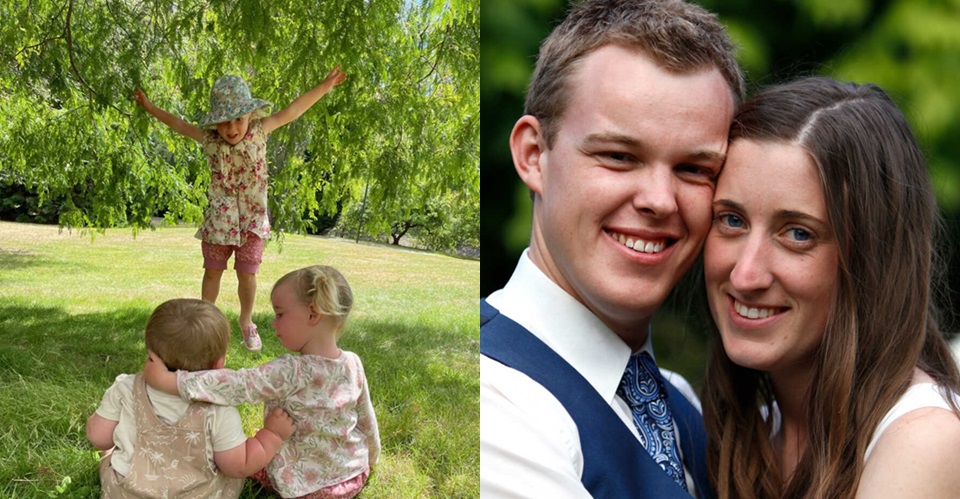She thought foster care would be about giving a child a safe bed; it turned out to be about opening every door home, heart, and mind until love had room for the child and their family. Since she was young, she was the kid whisperer, rocking siblings to sleep, helping in Sunday school, and saying yes to every babysitting job.
She didn’t map out whether she’d have children of her own, but she always knew she’d care for kids somehow. Adoption and foster care lived quietly in the back of her mind, so quiet she forgot to mention it to Matthew before they married in 2015. Their first daughter arrived in 2018, and life felt full. Then she read the book of James and felt a familiar tug grow louder: faith should look like action, and caring for vulnerable children was one way to live it.
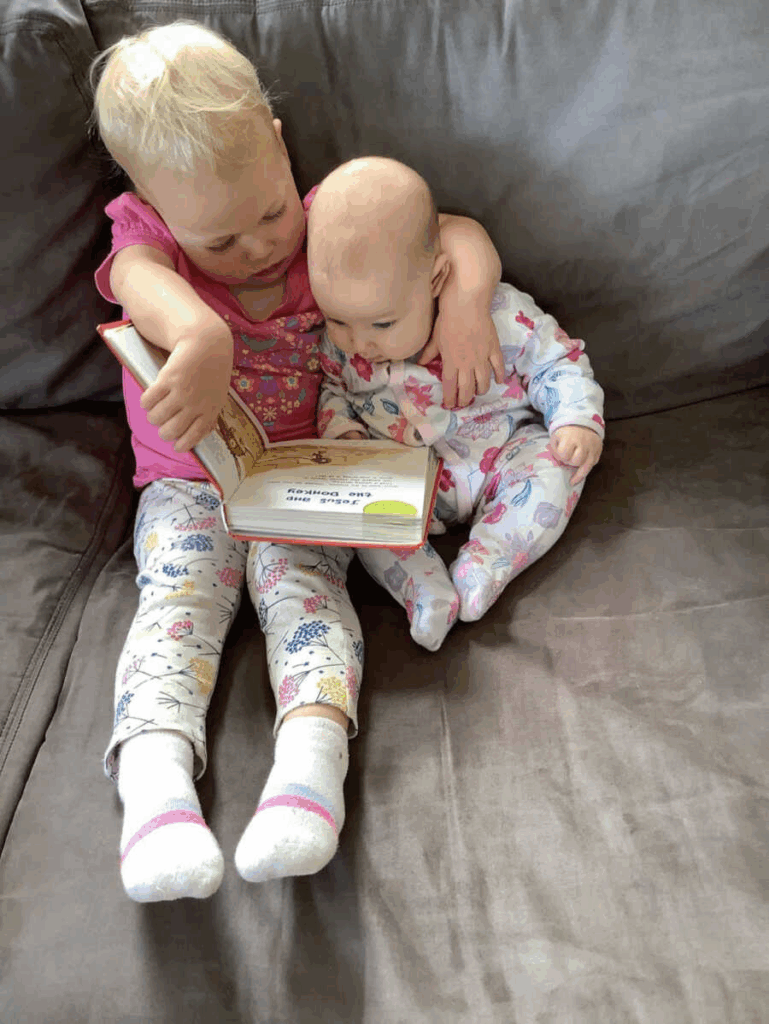
She floated the idea of foster care. Matt was kind but cautious: maybe later, when their kids were older. She didn’t push; she learned. She followed foster families online, dove into trauma-informed parenting, and kept the door propped open. When their eldest turned one and she was pregnant again, they started training anyway. Paperwork wandered, agencies changed, a house went up around them, and a baby was born. Two years after that first step, they were finally certified.
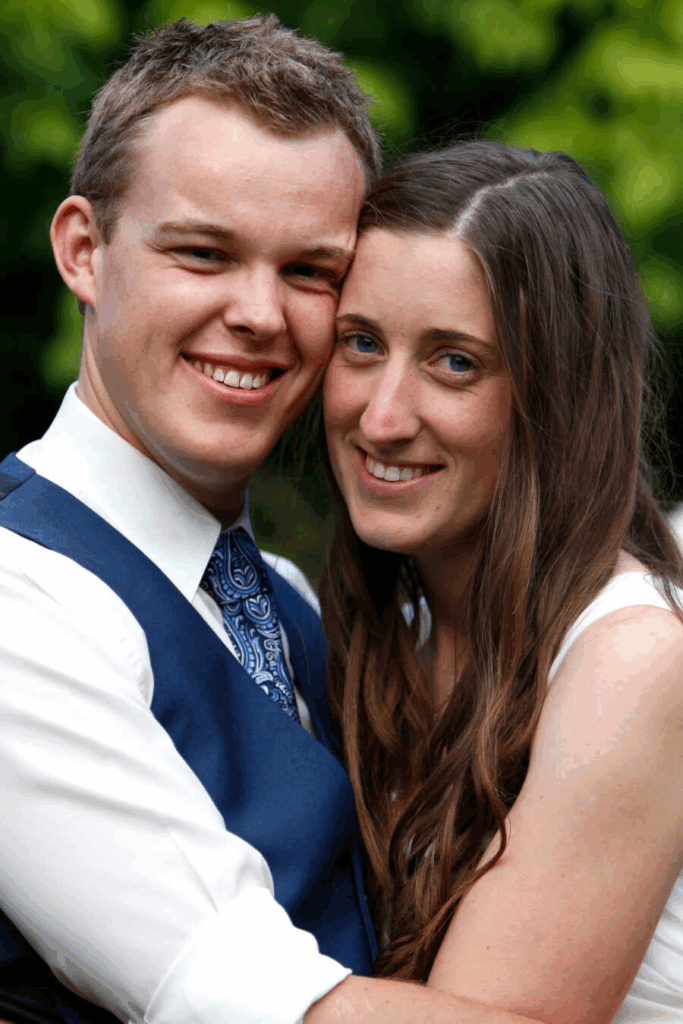
They agreed on a rule: she would want to say yes to everything, and he would slow things down and choose carefully. She hadn’t slept through the night in years, so they began with respite, one weekend a month to give another family a break. Then, the same week they were approved in 2021, the phone rang: a one-year-old boy needed an emergency home for a week.
She braced for Matt’s “not now,” but he said yes. In a blur, they shuffled beds, set up a cot, and opened the door to a small stranger and two caseworkers. At first, he cried. Everyone was new, but their girls sat on the floor and showed him toys, and soon, three little bodies crawled together in the hallway. By week’s end, the novelty wore off and their daughters missed the all-eyes-on-me days, but it was a good tired. After that, they kept him for monthly respite, and every drop-off became a reunion: big smile, little feet running to the girls.
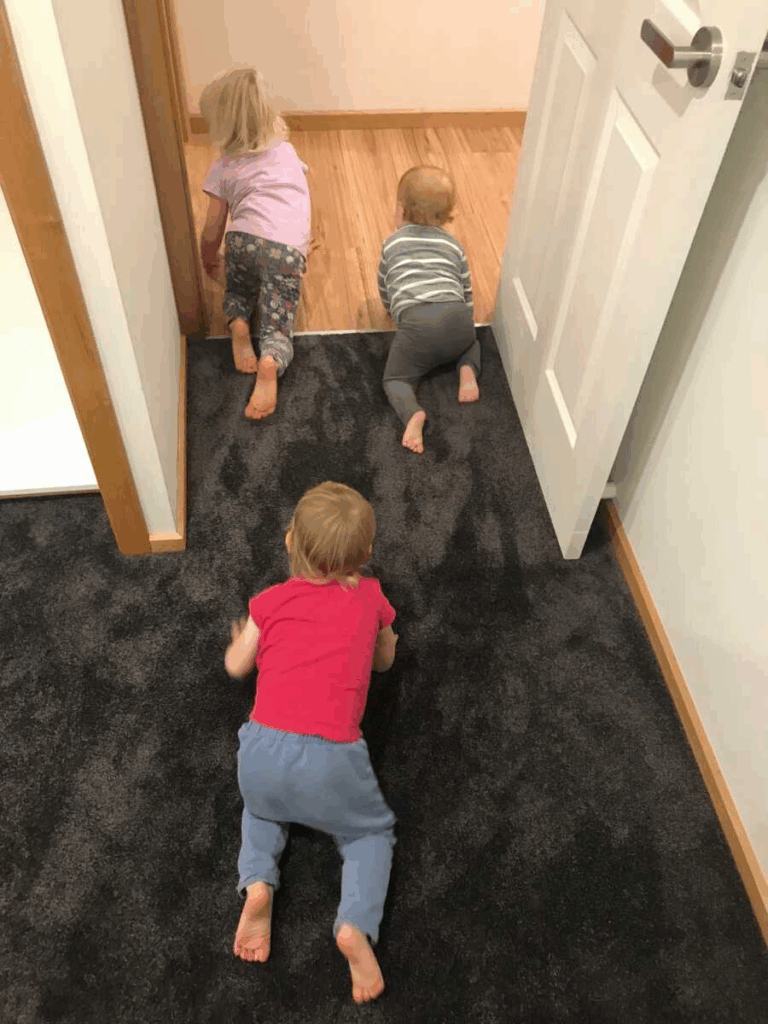
The yes got easier. She wanted long-term placements; Matt suggested they keep building stamina. They did respite throughout the year. Then, just after Christmas, came another call: an eight-month-old boy needed a home. There were no details on how long, no routine, no favorite foods, and no instructions beyond a bottle and a pacifier.
She worried they’d have to put it off; Matt said, “If we’re going to do it, let’s do it.” Community showed up in the gap: sisters grabbed diapers and formula, friends dropped off clothes and bottles, and the local fostering group prayed. He arrived with a shy smile and a tiny giggle that cut through the nerves. They made it work, and two months later, three kids under their roof found a rhythm. He watched cows and chickens, laughed at the girls’ silliness, and reached for them when he woke.
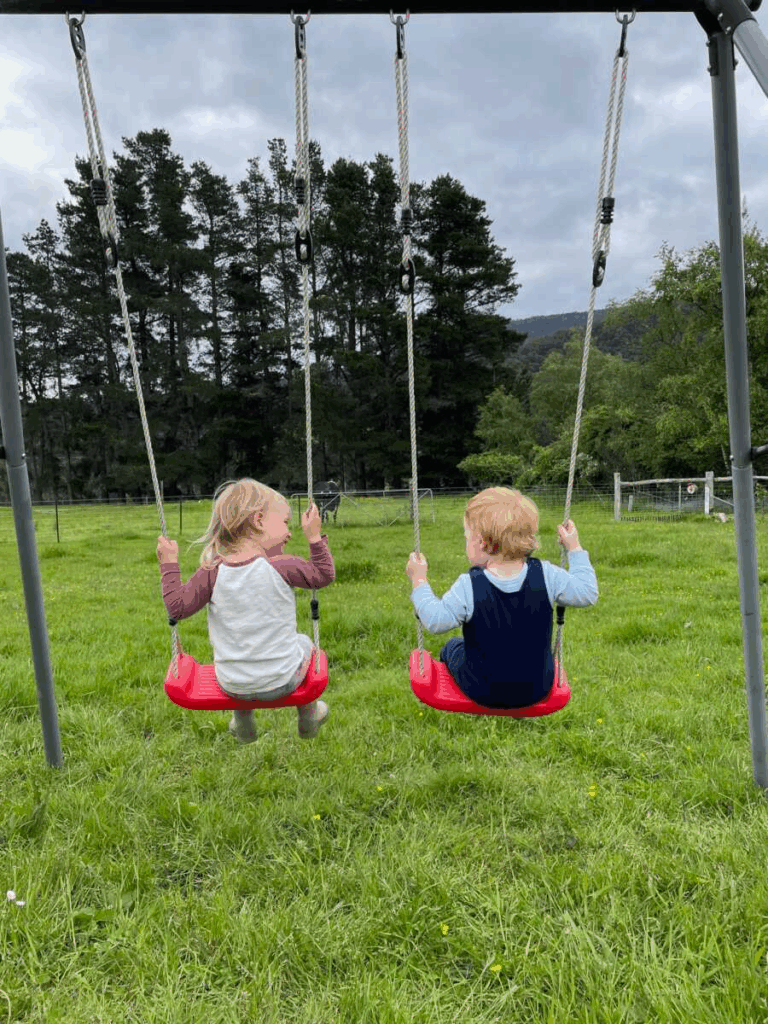
Foster care changed her in unexpected ways. She’d always seen the world in clean lines, right and wrong, choices and consequences. Studying trauma softened those edges. She learned how early hurt rewires the brain, how chaos in childhood can echo for decades, and how “unwise choices” often grow out of survival. The stereotypes she’d carried about biological parents fell apart. Many weren’t uncaring; they were unsupported. They loved their kids and lacked what they needed to love them well. That realization widened her circle of care: if she welcomed a child, she would honor their parents too, by speaking kindly about them, praying for them, smoothing visit days, and, when possible, building real relationships.
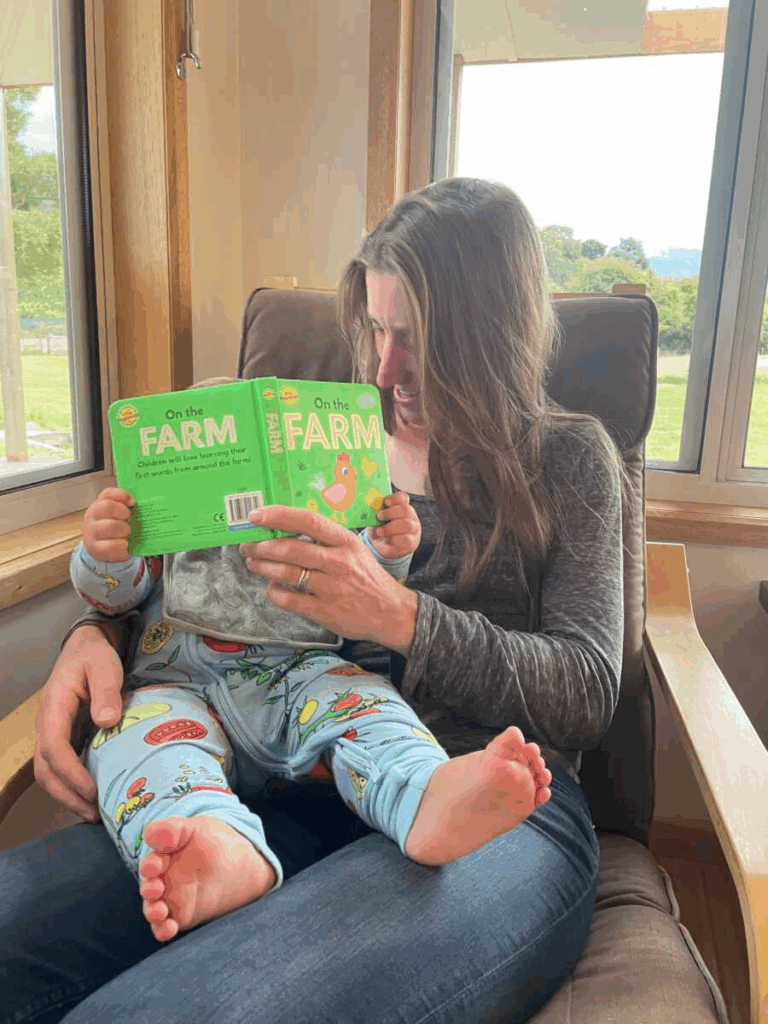
She began sharing what helped them say yes: find a local support group and sit in the back for a meeting or two; befriend a fostering or adoptive family and offer very practical help, meals, errands, and babysitting; start the application and take the training even if you’re unsure; and serve without taking a placement: mow a lawn, fix a car, fund a babysitter, drop groceries, show up on pickup days, and keep praying. There is always room to help.
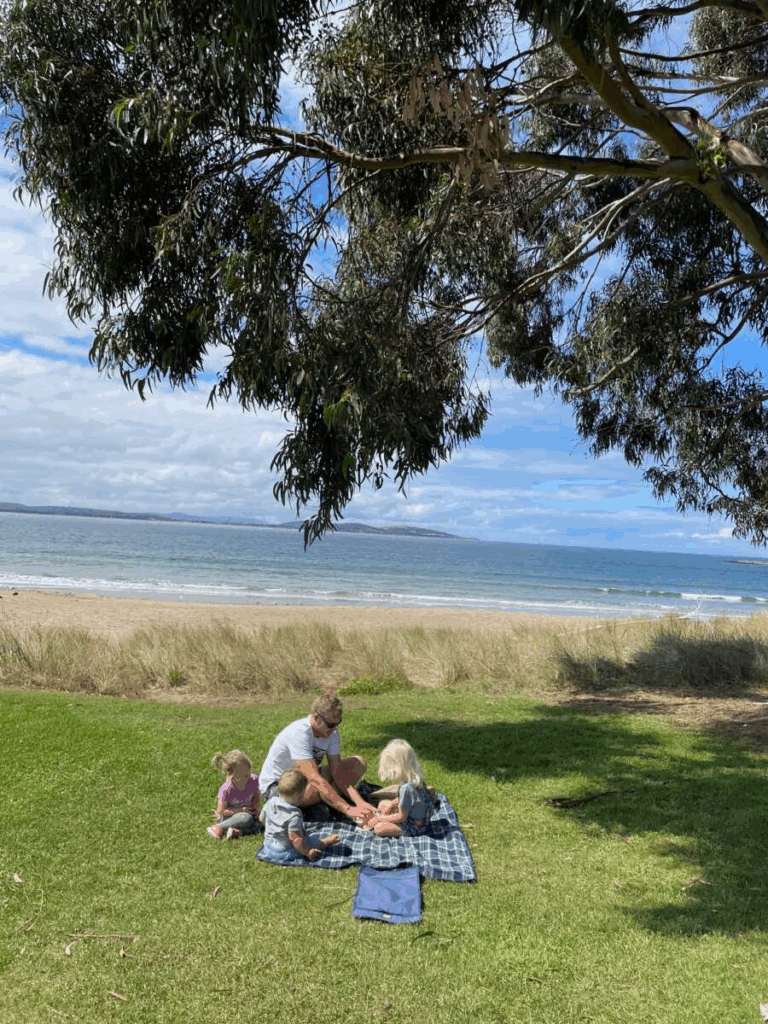
When she looks back at those two ringing phones, the first boy for a week and the second with no plan, she sees how the timing fits. Other families were away, Matt had a month off to steady the house, the freezer was full, and their daughters had extra hands for attention. What felt like a detour became the road. They’re still on it, growing in patience, making space at the table, learning to love kids and their families with open hands. It’s hard work, holy work, and it keeps stretching her faith in the best way.

